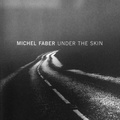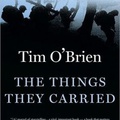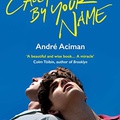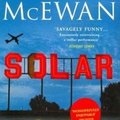James Scudamore: Heliopolis
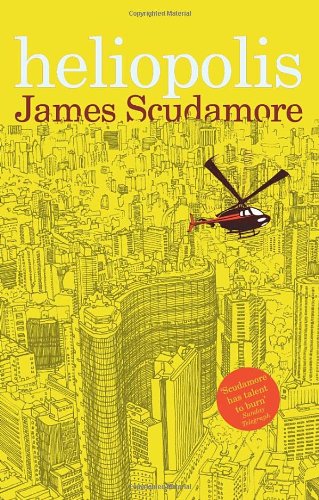 The easiest way for me to describe this novel is to compare it to a couple of other novels. First of all, Heliopolis reminds me of Aravind Adiga's Booker winning novel, The White Tiger, whose protagonist is an extremely lucky kid who manages to avoid the fate of hundreds of millions of Indians, and rises high from a life of abject poverty. While we follow him on his road to success, we also get a glimpse into the life of those hundreds of millions who are not so lucky. (I wasn't exactly crazy about this novel, and I don't mind at all that in Heliopolis, only the theme is similar, but there's very little of the anger and the „seriousness” of Adiga.)
The easiest way for me to describe this novel is to compare it to a couple of other novels. First of all, Heliopolis reminds me of Aravind Adiga's Booker winning novel, The White Tiger, whose protagonist is an extremely lucky kid who manages to avoid the fate of hundreds of millions of Indians, and rises high from a life of abject poverty. While we follow him on his road to success, we also get a glimpse into the life of those hundreds of millions who are not so lucky. (I wasn't exactly crazy about this novel, and I don't mind at all that in Heliopolis, only the theme is similar, but there's very little of the anger and the „seriousness” of Adiga.)
Then Heliopolis also resembles several (South-)American magic realist novels, mainly Laura Esquivel's Like Water for Chocolate in the sense that food and magic instilled into food play a very important role here, too.
And then it also reminds me of Jay McInerney's beautiful, uplifting-melancholy novel about being young and lost in New York: Bright Lights, Big City. Bright Lights is about a screwed-up man in his twenties whose life could (or could have been) just great, but there are dreams which don't come true, and sad-tragic things will always happen which make life seem pointless – for a while anyway.
Put these three novels together and you get something like Heliopolis: a novel set in a huge, dangerous, filthy, fascinating city; a novel which doesn't dig too deep (which is absolutely fine with me in this case), and doesn't want to change the world; a novel featuring a little bit of magic, a little bit of dirty realism, and a whole lot of cynical/smart comments about being young in a big city. And in the end, I find this mixture amazing. I'm not sure why – maybe because it makes me feel that everything is just so full of life, and this is a great feeling. (Another comparison: as regards its effect, Heliopolis reminds me of my all-time favorite movie, American Beauty – strictly speaking, there's nothing in this novel which should make me feel great, but it still does make me feel great.)
And to give you a couple of details about the novel itself – Ludo, the protagonist, was born in a slum in São Paulo, but as luck would have it, he and his mother were saved from their slum-life by a wealthy businessman. Ludo is raised on the farm of this businessman, where he eats well, studies well, and makes good friends with his benefactor and his family. Later on, the family legally adopts him, and as an adult, Ludo leads a life which would have been completely out of his reach, had he been raised as a slum-kid.
The adult Ludo works at an advertising firm, and he makes good money for little works. He also drinks a lot, ponders a lot about the life he would have had as a slum-dweller, and he also keeps thinking about his father, whose identity his mother never revealed. The plot-line set in the present is about Ludo in his twenties as he tries to come to terms with who he is, and the other plot-line, set in the past, is about the way Ludo-as-a-child ended up being Ludo-as-an-adult. Both plot-lines are intriguing on their own, but of course they converge in the end, and a couple of secrets are revealed. Granted, these are not exactly mind-blowing secrets, and you can guess about halfway through the novel what the main twist will be, but this is no problem – this is still a very enjoyable novel. It's hard to pin down the reason for this – it simply works, and it's good to read it.

